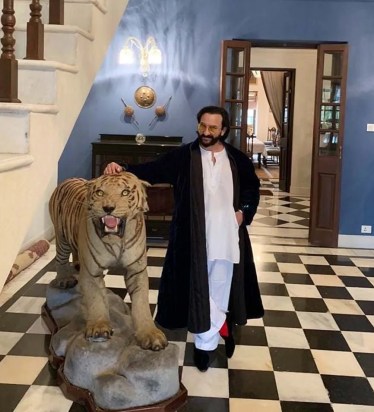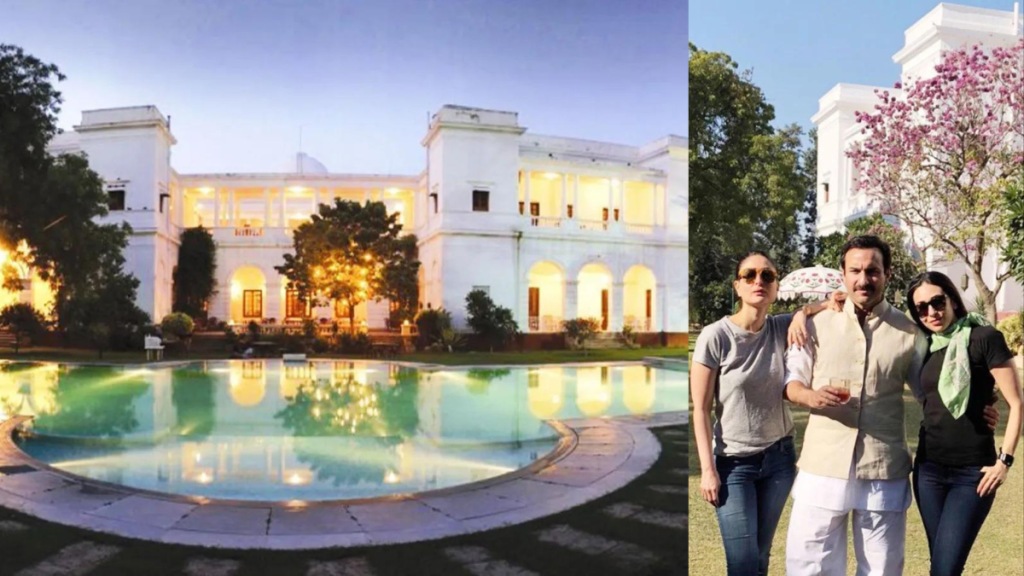Nestled amidst the picturesque landscapes of Haryana, Pataudi Palace stands as a symbol of opulence and heritage. Built-in 1935 by Iftikhar Ali Khan, the last ruling Nawab of Pataudi, the palace is steeped in a legacy of regal splendour. Following the demise of Mansoor Ali Khan Pataudi, the property underwent a transformative journey. From 2005 to 2014, it was leased to Neemrana Hotels, undergoing extensive renovations to cater to a discerning clientele. However, in a bid to preserve its ancestral heritage, Saif Ali Khan reclaimed ownership in 2014, embarking on a mission to restore its former glory.
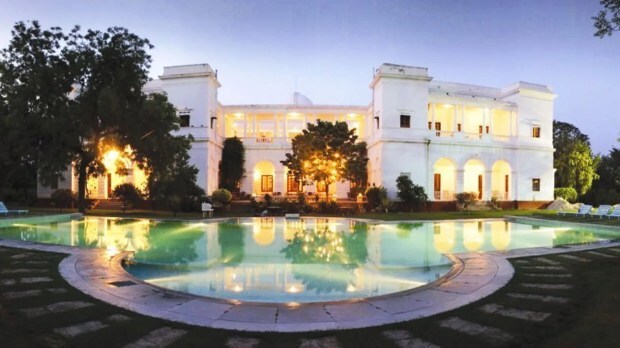
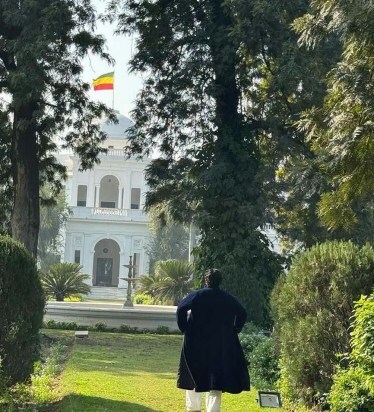
Recently, the corridors of this illustrious abode welcomed Kareena Kapoor Khan and Sharmila Tagore for a special project, offering an alluring glimpse into its rich history and lavish interiors.
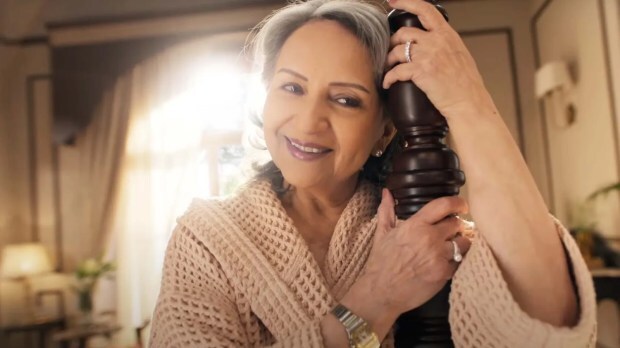
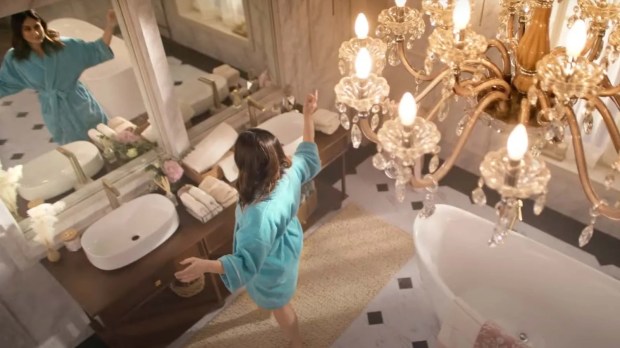
A Hub for Films and More
Beyond its regal facade, Pataudi Palace has emerged as a cultural landmark in Indian cinema. Its sprawling grounds and majestic interiors have served as the backdrop for an array of iconic films, including “Animal,” “Rang De Basanti,” and “Veer Zara.” Moreover, the palace continues to be a sought-after location for fashion shoots, weddings, and high-profile events, further cementing its status as a cherished gem in the entertainment industry’s crown.
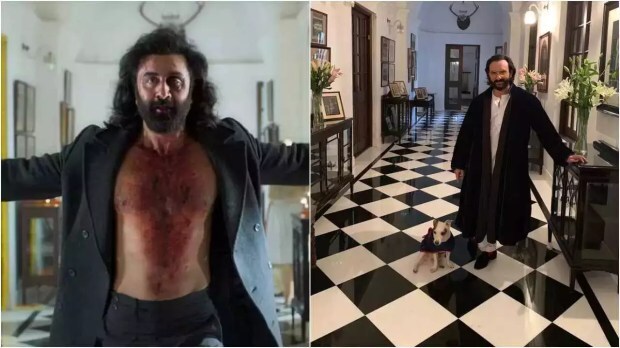
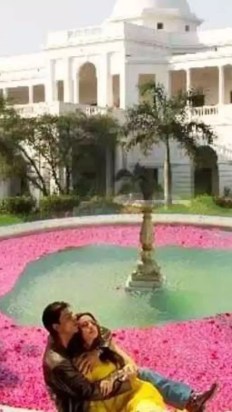
Grandeur and Splendor
Spread across verdant acres, Pataudi Palace boasts a plethora of opulent features that epitomize luxury living. Its 150 rooms, adorned with intricate detailing and exquisite furnishings, offer a glimpse into the lavish lifestyle of yesteryears.
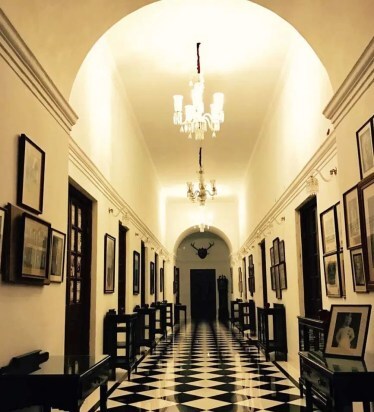
From the grandeur of the drawing rooms to the intimacy of the dressing chambers, each space exudes an aura of refined elegance and aristocratic charm. Moreover, the palace’s lush gardens, adorned with vibrant blooms and ancient trees, provide a serene retreat from the hustle and bustle of modern life.
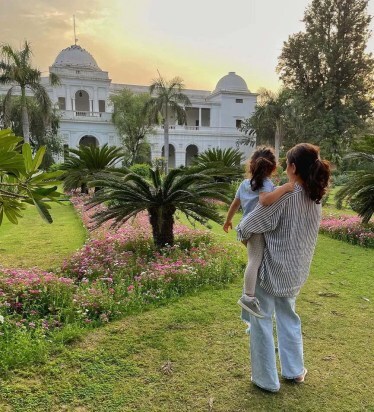
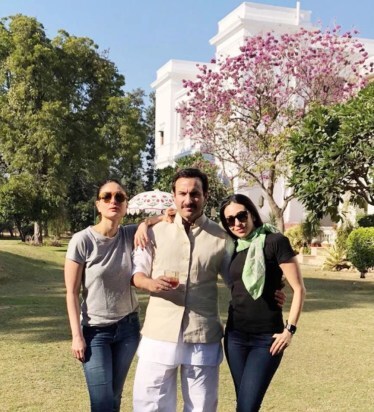
Architectural Marvel
Originally designed by British architect Robert Tor Russell, with contributions from Austrian architect Karl Moltz von Heinz, Pataudi Palace is a testament to architectural ingenuity. Its distinctive blend of Mughal, Rajput, and Colonial influences creates a harmonious tapestry of styles, showcasing the cultural diversity that defines India’s architectural landscape.
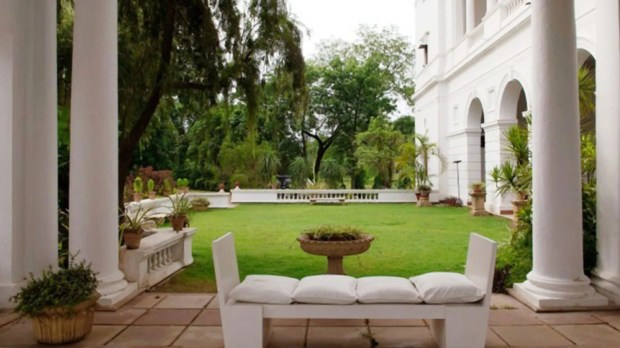
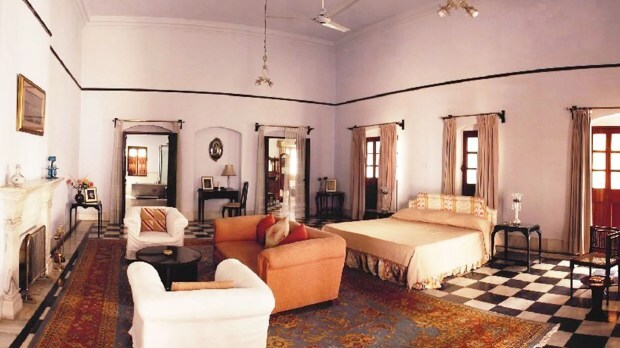
Under the meticulous guidance of Saif Ali Khan, the palace underwent a meticulous restoration process, marrying traditional aesthetics with contemporary comforts. Renowned interior architect Darshini Shah was enlisted to breathe new life into its interiors, striking a delicate balance between heritage preservation and modern luxury.
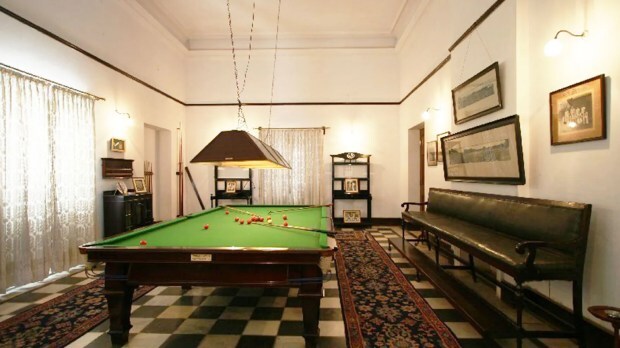
i
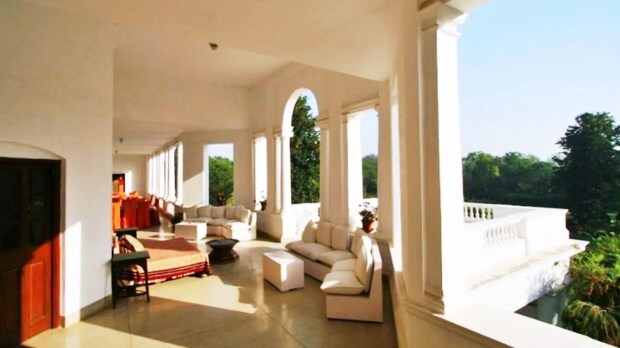
In a new ad for his fashion brand House of Pataudi, Saif gave a short tour of his palace as he reminisced about the golden era of his heritage.
With its timeless charm and regal splendour, Pataudi Palace’s allure transcends mere bricks and mortar. It serves as a living testament to India’s rich cultural heritage, embodying the legacy of generations past.
